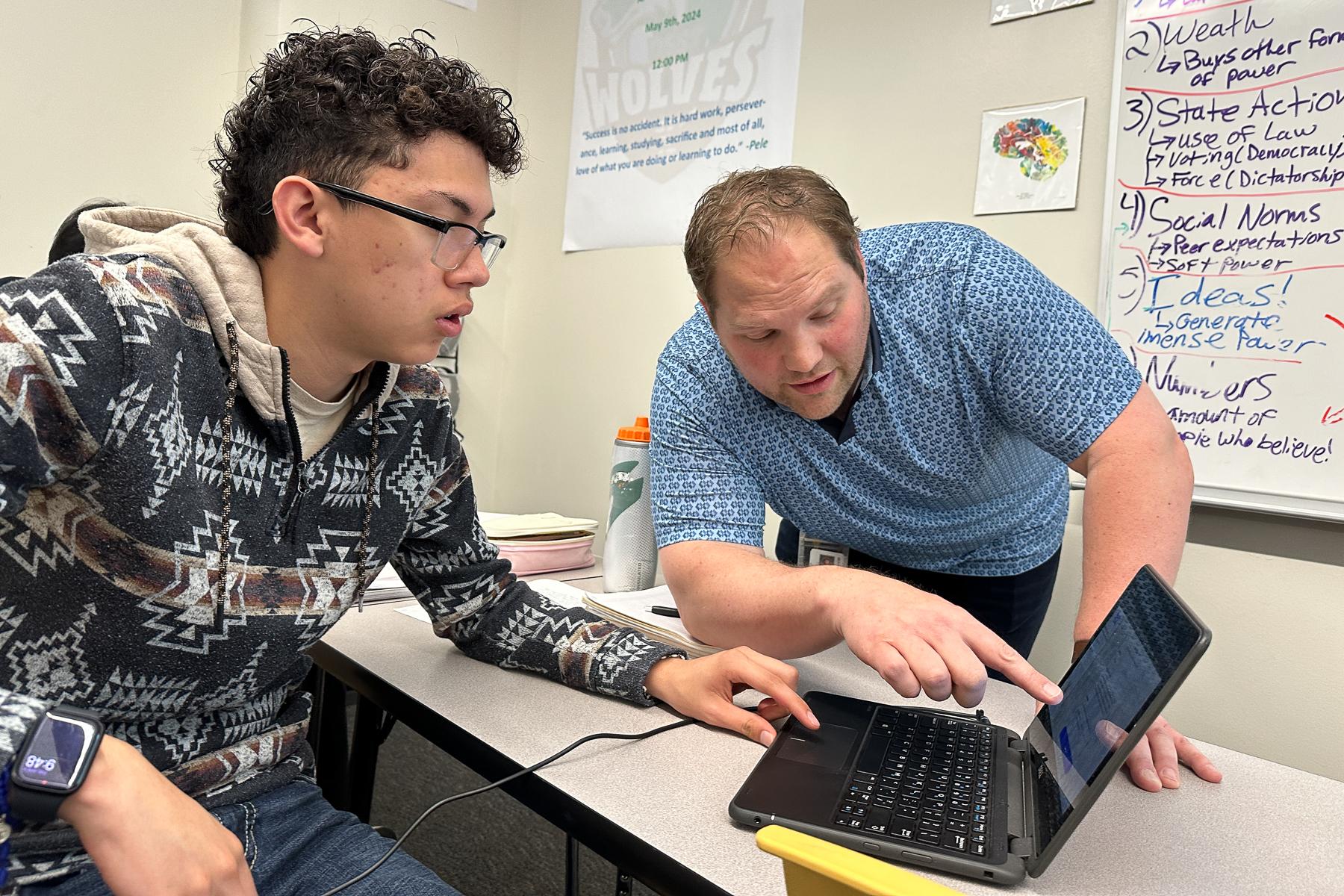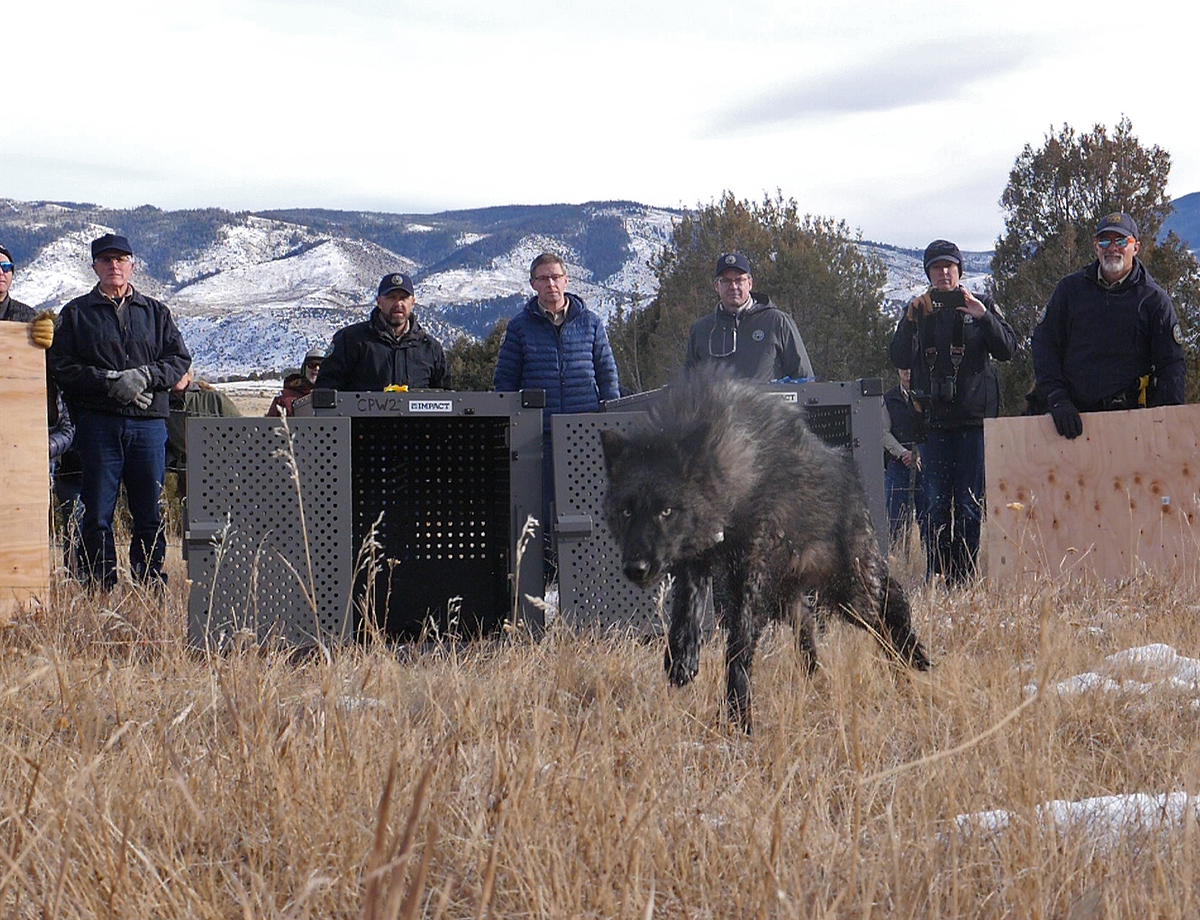

A federal judge on Tuesday struck down a key element of Colorado’s Constitution that made it tougher for citizens to get proposed amendments onto the ballot.
U.S. District Judge William J. Martinez ruled that requiring voter signatures for proposed constitutional amendments to be collected from all 35 state Senate districts violates the “one person, one vote” principle contained in the Equal Protection Clause of the U.S. Constitution because voter populations vary among Senate districts.
Martinez left intact Amendment 71’s requirement that a 55 percent vote is needed to approve amendments that make the ballot. A simple majority was needed to change the constitution before voters approved the amendment in 2016, and petition signatures could be gathered anywhere.
Martinez ruled in a lawsuit brought against Secretary of State Wayne Williams by activists behind a failed 2016 initiative to create a universal single-payer health care program in Colorado.
Williams’ office, which is handling proposed initiatives for the November 2018 ballot, said it planned to appeal Martinez’s decision.
Plaintiffs’ attorney Ralph Ogden said Amendment 71 effectively shut out a majority of citizens seeking to change the constitution by at least tripling the cost of gathering enough valid voter signatures to make the ballot.
Ogden said the plaintiffs plan to try again to get a universal health care proposal before voters in 2020. A Colorado Springs-based consultant told the group that the cost of collecting valid signatures across the state would approach $1 million, or roughly triple what it would take without the geographic requirement, Ogden said.
“Requiring signatures in all 35 districts pretty well knocks out 95 percent of potential initiative filings and keeps almost everything off the ballot,” he said.
Amendment 71 requires petition signatures from at least 2 percent of registered voters in each state Senate district and a current total of 98,000 valid signatures statewide.
A well-funded coalition of Republicans, Democrats, business, energy and agricultural interests supported Amendment 71. They argued that too many citizen petitions have produced conflicting constitutional mandates on state spending. They prefer initiatives that change state law and can be modified as needed.
The oil and gas industry funded most of the $4.2-million pro-71 campaign.
Opponents, including a grassroots coalition of Democrats, Republicans, civil rights and environmental activists, said only well-funded special interest or industry groups could afford to petition— or fight a petition— under the amendment.
Martinez wrote that the district requirement “is unconstitutional unless Colorado can reshape its state senate districts to embrace roughly equal total and registered voter population.
“The Court does not doubt the difficulty — the practical impossibility, perhaps — of that task,” he said.









